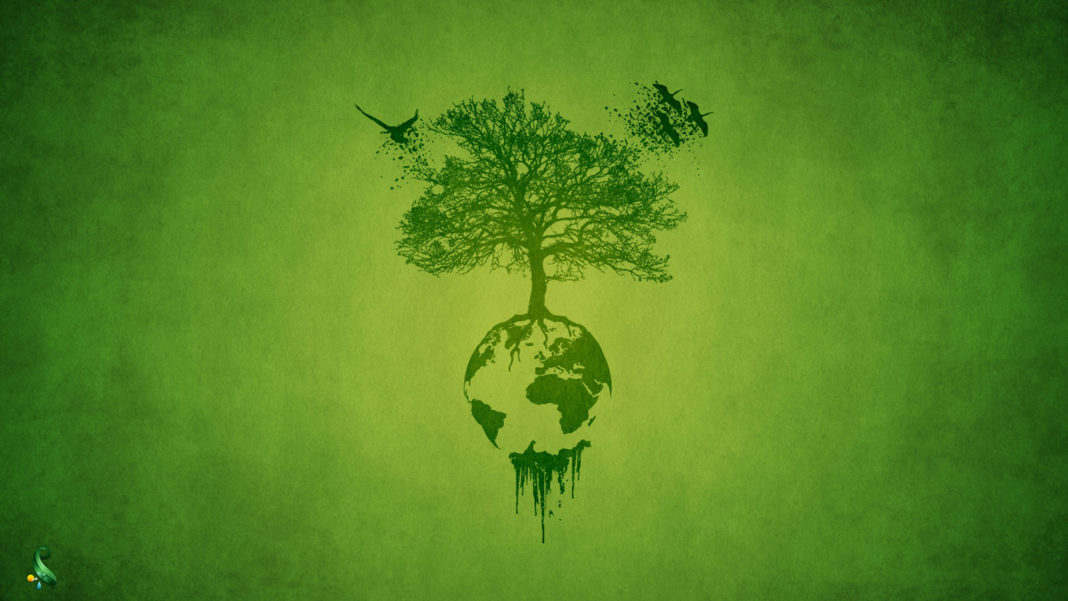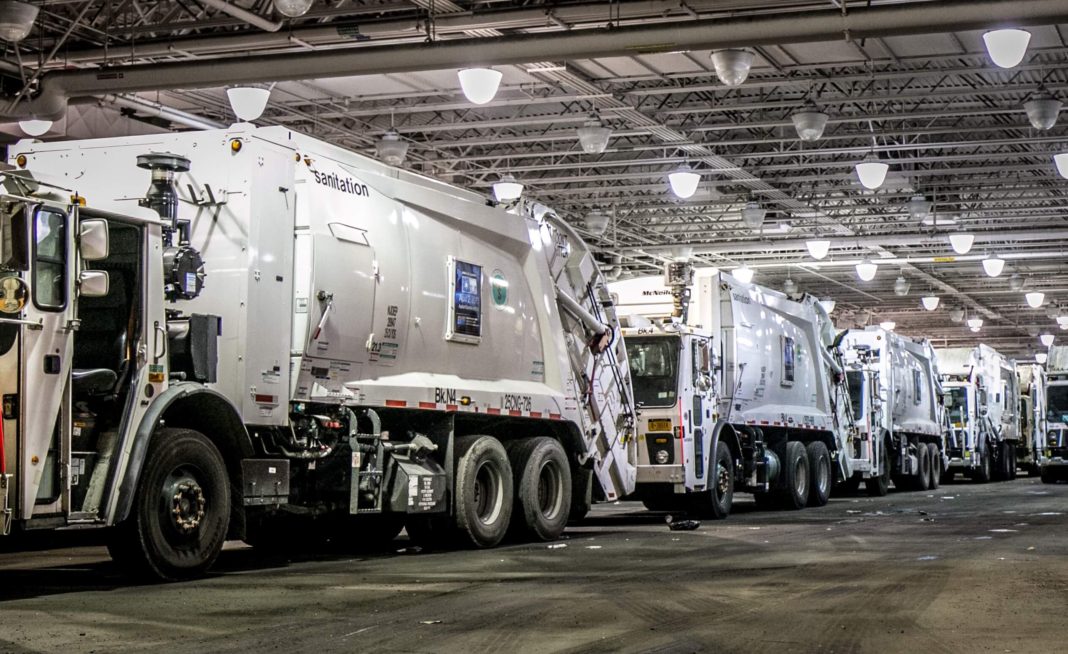Many products and services get labeled as being eco-friendly today as companies battle on to provide the most “green” options. But, often they are given that status without really having earned it. Many products that claim to be “all natural” or “green” have suffered many hidden environmental costs that we as consumers are not made aware of. Check out the list below for some more hidden truths about Eco-Friendly habits.
- Recycling: Recycling has been created out of a necessity of having to deal with the by-products of disposable goods. You may think you are saving the planet by taking your empty bottles and plastic cartons to the recycling center, but it does very little. It is estimated that around 40,000 plastic bottles would need to be recycled just to offset the environmental cost of one person’s single flight from New York to London. Also, the process of turning garbage into new products burns energy and adds to the pollution in the air.
- Using cloth diapers: Although it may be slightly cheaper to opt for cloth diapers over disposable ones, it is not necessarily any better for the environment. When you take into consideration the washing of the diapers, they were found to have the same environmental impact as the disposables. Also, the cotton used in cloth diapers is a major contributor to greenhouse gas emissions during its fertilization.
- Purchasing natural products: Many of us have been fooled by labels of unscrupulous companies pretending to be something they are not. The FDA’s loose definition of what qualifies as “all-natural” allows companies to get away with misleading consumers.
- Composting: Composting is great for getting rid of scraps and nourishing your garden in the meantime, but it does not come without its health risks. A compost heap is a lurking ground for all kinds of dangerous pathogens like Legionella and tremorgenic mycotoxins that can lead to serious neurological problems in people and wildlife.
- Organic groceries: Although real organic farms don’t use synthetic pesticides and adopt sustainable farming methods, the processes involved in organic farming still have an impact on the environment. Methane is still produced in producing organically-raised beef which is a major contributor to global warming.
- Using solar panels: Solar panels are a fantastic way to power your home using renewable energy, but it is not as green as it makes out. The manufacturing of solar panels still requires electricity and chemicals and therefore contributes to greenhouse gas emissions.
- Using compact fluorescent light bulbs (CFL): These bulbs use 75 percent less energy than traditional bulbs, but they are made using dangerous substances like mercury and if not disposed of if correctly, can damage your health as well as the environment.
- Drinking from an aluminum bottle: Reusable water bottles are often made of aluminum. Aluminum processing creates ten times the amount of carbon dioxide that’s produced by steel.
- Ethanol fuel: When ethanol was first introduced as a sustainable alternative to fuel it quickly gained popularity. However, scientists have concluded that the environmental impact of producing ethanol far outweighs the benefits. Corn ethanol requires farmers to spray fertilizer that has the potential to damage water resources and the process of converting corn into fuel burns a significant amount of energy.
- Hybrid vehicles: They do produce lower emissions than your standard gas-powered equivalent, but the still have an impact on the environment. The production of a hybrid car requires more energy than that of a conventional car and the materials used in the hybrid’s battery could also have an effect on the environment. Lithium, Cobalt, and Nickel are all elements found in hybrid batteries, and all are difficult to mine without harming the environment.
- “Green cleaners”: The only way to know you are using a green cleaner is to make it yourself. Current cleaners don’t have to meet any requirements to be considered “green,” so products are often poorly labeled, misleading consumers.
More News To Read











